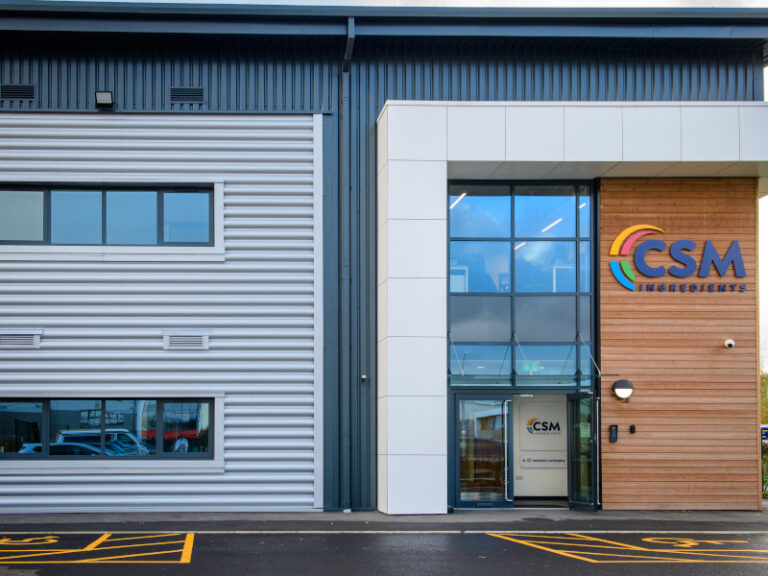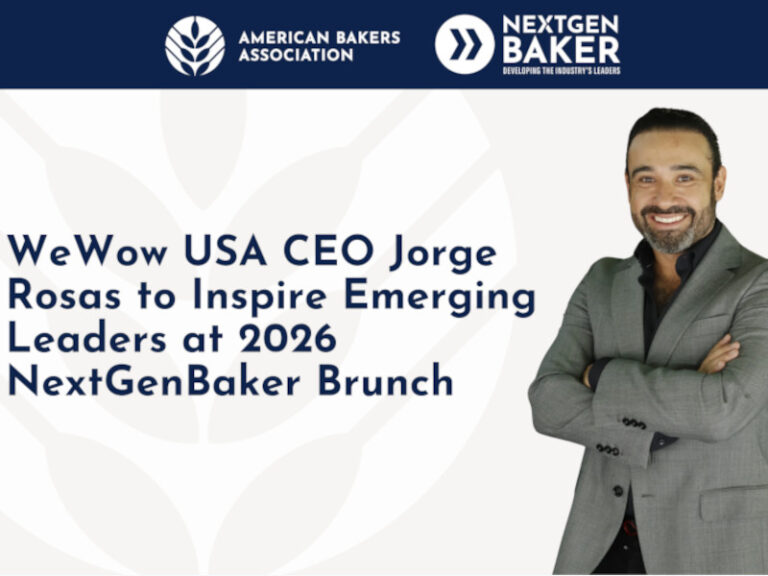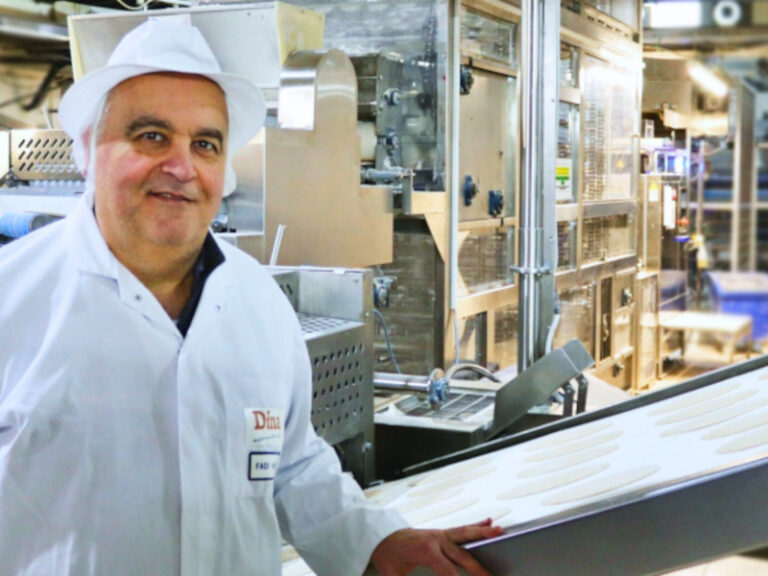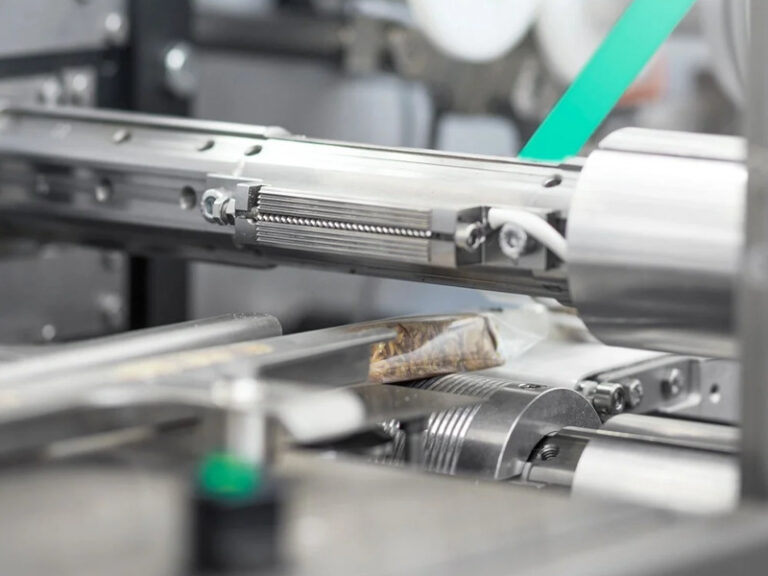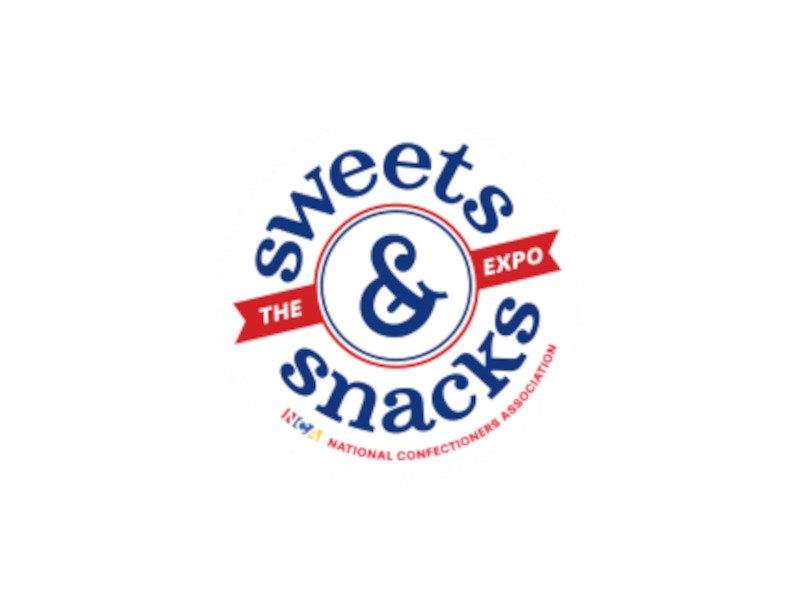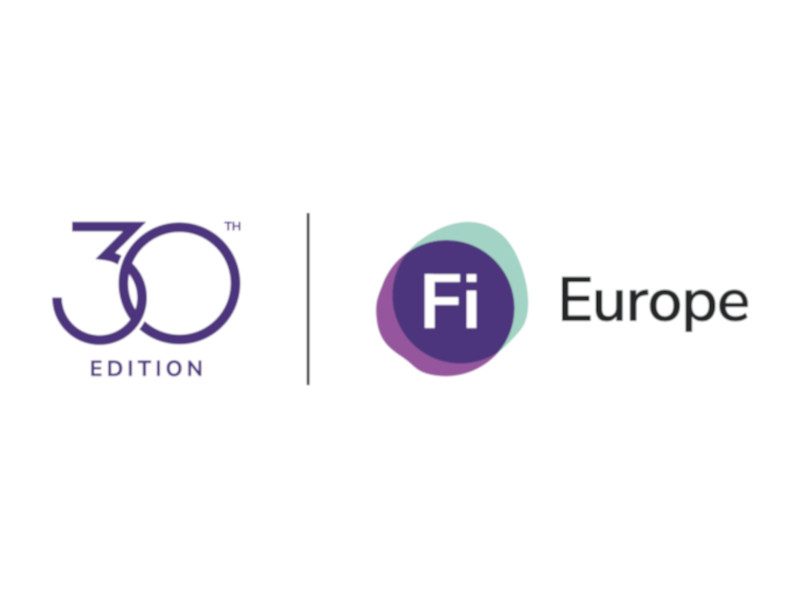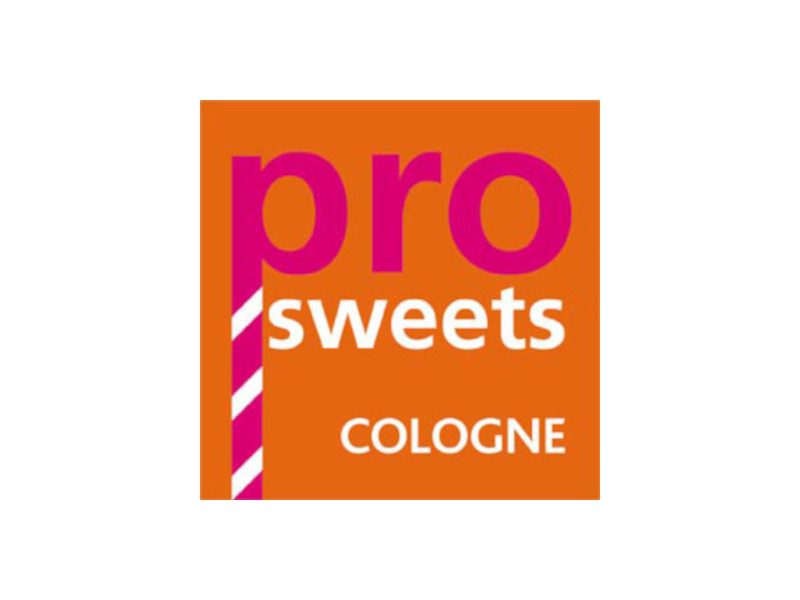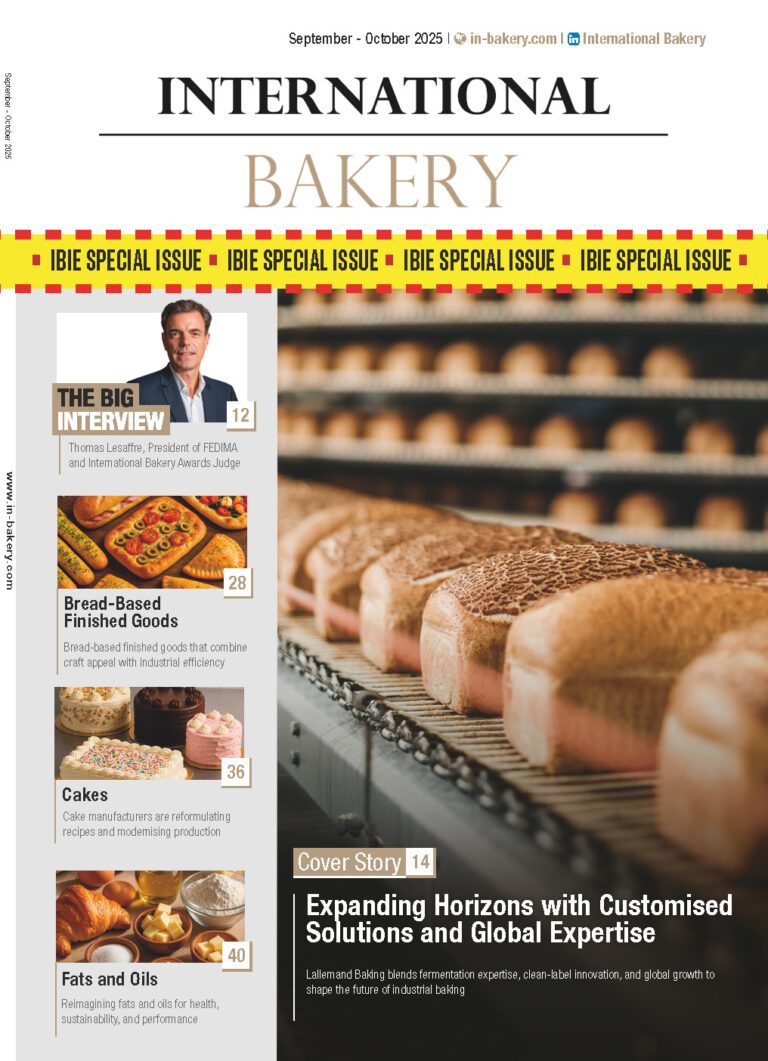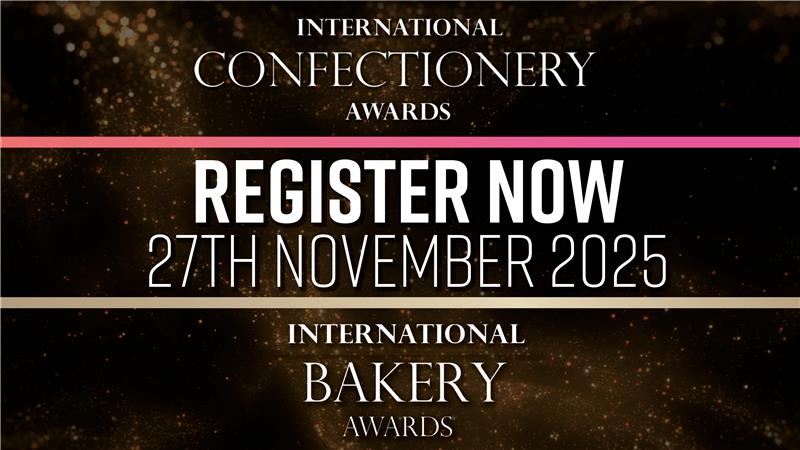International Bakery Assistant Editor Hannah Larvin unpacks the latest trends and developments catering to the industry’s growing demand for greener packaging solutions
Like many others, the bakery industry has become increasingly driven by demands for greater sustainability. Consumers are becoming more eco-conscious, demanding that businesses adopt environmentally friendly practices. This shift influences packaging choices significantly, pushing bakeries to seek out materials and methods that reduce their environmental footprint, with key trends including the use of biodegradable materials, recyclable packaging and minimalist designs that use fewer resources. Additionally, there is a growing preference for sourcing packaging from renewable resources, which aligns with broader efforts to combat climate change and reduce plastic waste.
Innovative solutions
Several innovative sustainable packaging solutions are currently making waves in the mass bakery industry, reflecting a shift towards more eco-friendly practices and materials. These solutions are not only reducing environmental impact but also responding to increasing consumer demand for sustainability. Here are some of the most notable advancements:
Compostable packaging made from plant-based materials is rapidly gaining popularity in the bakery industry. Materials such as cornstarch, sugarcane bagasse, and polylactic acid (PLA) are used to create packaging that decomposes naturally. These materials break down into non-toxic components, reducing landfill waste and offering a sustainable alternative to conventional plastic. For example, Amcor, a leading company in sustainable packaging, offers a range of compostable bakery packaging solutions. Their products include clamshell containers and bakery trays made from PLA and sugarcane bagasse, which provide the necessary strength and barrier properties while being fully compostable.
Another important innovation is the use of water-based inks and coatings. Traditional inks and coatings contain volatile organic compounds (VOCs) that can be harmful to the environment. Water-based alternatives are less toxic and easier to recycle. Companies like Sun Chemical are at the forefront of this innovation, offering a range of water-based inks that provide excellent print quality and durability while being environmentally friendly. These inks are used for printing labels and packaging materials, ensuring that the entire packaging process adheres to sustainable practices.
TC Transcontinental, a company specialising in plant-based compostable packaging, is a prime example of how innovative packaging solutions are being implemented in the mass bakery industry. TC Transcontinental’s products are made from renewable, lower carbon, recycled, or reclaimed materials and are designed to be commercially composted with food waste. Their range includes bakery bags, boxes and wrapping materials that are not only compostable but also designed to keep bakery products fresh and appealing. TC Transcontinental’s commitment to sustainability has earned them numerous awards and recognition in the industry, setting a benchmark for others to follow.

